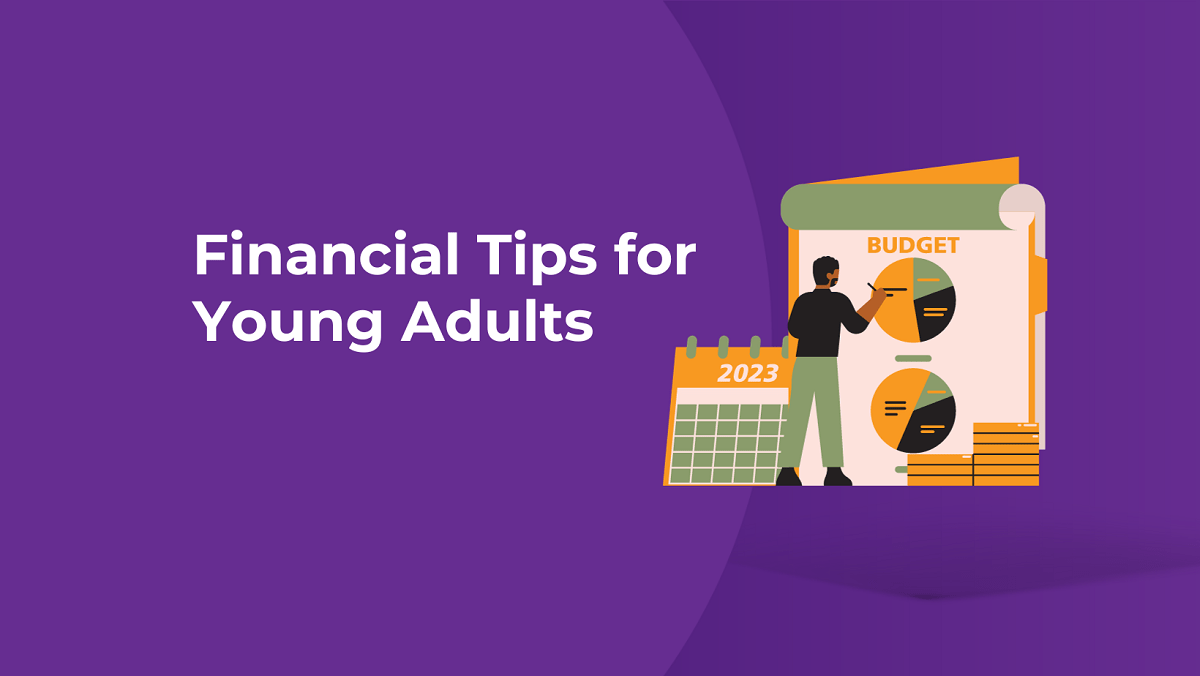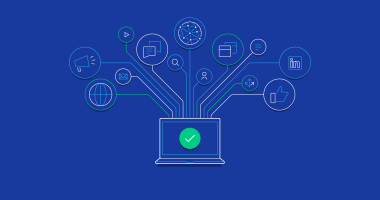Managing debt effectively is crucial for financial health, and having a solid strategy can make all the difference. Whether you’re dealing with credit card balances, student loans, or other types of debt, following these steps can help you regain control and work towards a debt-free future. Here’s how to manage debt with proven strategies that set you up for success.
1. Assess Your Financial Situation
Start by getting a clear picture of your financial situation. List all your debts, including the amount owed, interest rates, and minimum monthly payments. This will help you understand the full scope of your debt and prioritize which debts to tackle first.
2. Create a Realistic Budget
A well-planned budget is essential for managing debt. Allocate your income to cover your essential expenses first, such as housing, utilities, and groceries. Then, designate a portion of your budget specifically for debt repayment. Be sure to stick to your budget to avoid accumulating more debt.
3. Prioritize High-Interest Debt
High-interest debts, like credit cards, should be prioritized because they grow faster due to interest. Consider using the avalanche method, where you pay off debts with the highest interest rates first while making minimum payments on the rest. This approach can save you money on interest over time.
4. Consider Debt Consolidation
Debt consolidation involves combining multiple debts into a single loan with a lower interest rate. This can simplify your payments and reduce the overall interest you pay. Research your options carefully, as consolidation may not be suitable for everyone.
5. Negotiate with Creditors
If you’re struggling to make payments, reach out to your creditors. They may be willing to negotiate lower interest rates, reduce your monthly payments, or even settle for a lump-sum payment that’s less than what you owe. Communication is key to finding a solution that works for both parties.
6. Adopt the Snowball Method
The snowball method is another effective debt repayment strategy. Focus on paying off the smallest debts first, regardless of interest rates. As you pay off each debt, you gain momentum, which can motivate you to continue until all debts are cleared.
7. Avoid New Debt
While paying off existing debt, it’s essential to avoid taking on new debt. This means resisting the urge to use credit cards for non-essential purchases and being mindful of your spending habits. Focus on living within your means to prevent further financial strain.
8. Seek Professional Help
If your debt feels overwhelming, consider seeking help from a credit counseling agency or financial advisor. These professionals can offer personalized advice and help you develop a debt management plan tailored to your situation.
9. Build an Emergency Fund
Once you start making progress on your debt, work on building an emergency fund. Having savings set aside for unexpected expenses can prevent you from relying on credit cards or loans in the future, helping you stay debt-free.
10. Stay Committed to Your Plan
Debt management is a long-term commitment, and staying disciplined is crucial. Regularly review your budget, track your progress, and adjust your strategies as needed. Celebrate small victories along the way to keep yourself motivated.
By implementing these strategies, you can effectively manage your debt and work towards financial freedom. Remember, consistency and dedication are key to achieving success in your debt management journey.









